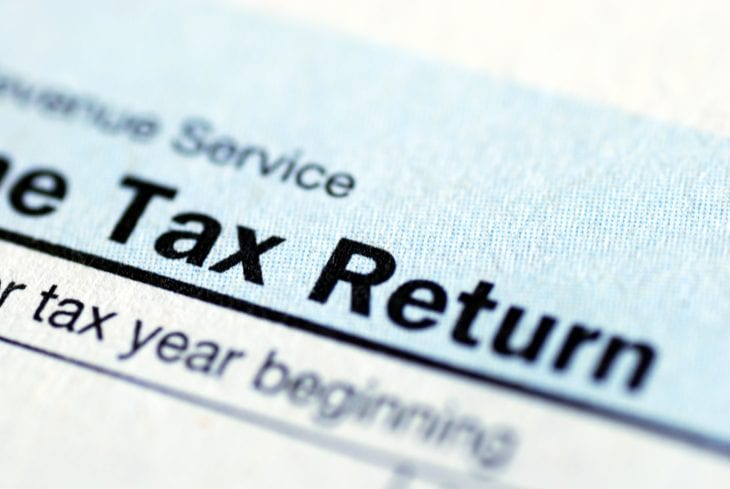It’s tax season again. Time to get your paperwork in order and your numbers crunched. And this season, like so many tax seasons of old, there are some important changes that you need to be aware of before you file your taxes with the IRS.
Contents
Tax Brackets and Rates
First up are the tax brackets and the rates at which your income is being taxed. If you haven’t looked at the 2018 tax tables, you definitely need to do that. It’s important to know how much in taxes you’re paying into the system.
Tax rates are not the same across the board. We don’t all just pay a flat rate. The tax tables have taxable income amounts broken down into brackets, and each bracket has been assigned a specific percentage tax rate.
So, what are the tax tables based on, you might be wondering? The tax tables are divided into categories regarding how you will be filing. Are you married or single? Will you be filing separately or jointly? Are you filing as a head of household? The way you file will determine which table’s rates apply to you. The brackets and rates are different from table to table.

Img source: j1journeys.org
Standard Deductions
This filing season, there were major changes made to the standard deductions. If you don’t know what a standard deduction is, it’s an amount that the IRS says you can subtract from your income before the tax rate is applied. It’s only to be used for those who don’t itemize their deductions, and it’s broken down for the tax filing status groups.
The standard deduction for people filing married and jointly had been at $13,000 previously. This year, that deduction increased to $24,000. They all changed, but that example gives you an idea of how different this area of your taxes is for this year.
Child Tax Credits
Child tax credits are built into the system to help parents not have to pay as much in taxes. It’s meant to provide a relief benefit to parents who have children in their homes under the age of 17. The child tax credit this year has been increased from $1,000 per qualifying child, to $2,000 per qualifying child.
There are some stipulations for how the child tax credit is applied per certain situations though. If your income falls into one of the higher tax brackets, or you have other extenuating circumstances regarding children in your home, you’ll want to make sure to look up the rules that apply to the child tax credits.

Img source: eitcoutreach.org
Matters of Retirement Contributions
In 2017, contributions you were allowed to make to your employer-provided retirement plan were limited to $18,000 for the year. That amount has been changed to allow for you to put in $18,500 in the year. This applies to retirement programs, such as 401(k) plans and Thrift Savings Plans.
For contributions made to IRA accounts, the income phaseout amounts have been raised for most tax filing status categories. Exceptions to this are with those who are covered by employer-provided retirement programs and those who are married but filing separately.
The Highest Income Tax Rate
While this doesn’t affect most of us, it’s good to note that the highest income tax rate has increased. For those individuals who make $500,000 or more, they will be taxed at a rate of 37%. You might not be there yet, but hey, maybe one day, right?
What Does All of This Mean for You and Your Tax Return?
What many people are seeing is that they’re receiving less of a refund this season. Some are reporting even owing money this tax season. So, what is causing that?
There’s a number of things that could cause this to happen, but each situation is different. One major factor that could be the reason for lower tax refund checks is the big changes in the tax tables and the standard deductions.

Img source: cpabr.com
On your employer’s end of things, the withholding was changed. If you didn’t contact the HR department and have them adjust the amount you were having taken out of your paycheck, then you spent the year enjoying more money in your paycheck. Because of that, then the changes to the tax laws likely will affect the amount of refund you get this tax season. There’s nothing wrong with this, in fact, some financial experts will tell you that it’s better to live with more money in your paycheck each payday than it is to get a big check at refund time. But, if you’re someone who is accustomed to getting a fat tax refund check so you can make a big purchase or take an awesome trip, then you might be a bit disappointed this year.
Just Know Where You Stand
The biggest takeaway here is to know where you stand in the income tax world. Arm yourself with knowledge before you move forward with your tax return. Make sure you know what the changes are and which ones affect you the most. If you know how the tax laws apply to your situation, then you can put yourself in the best position for next tax season and get the best return possible for this season.
